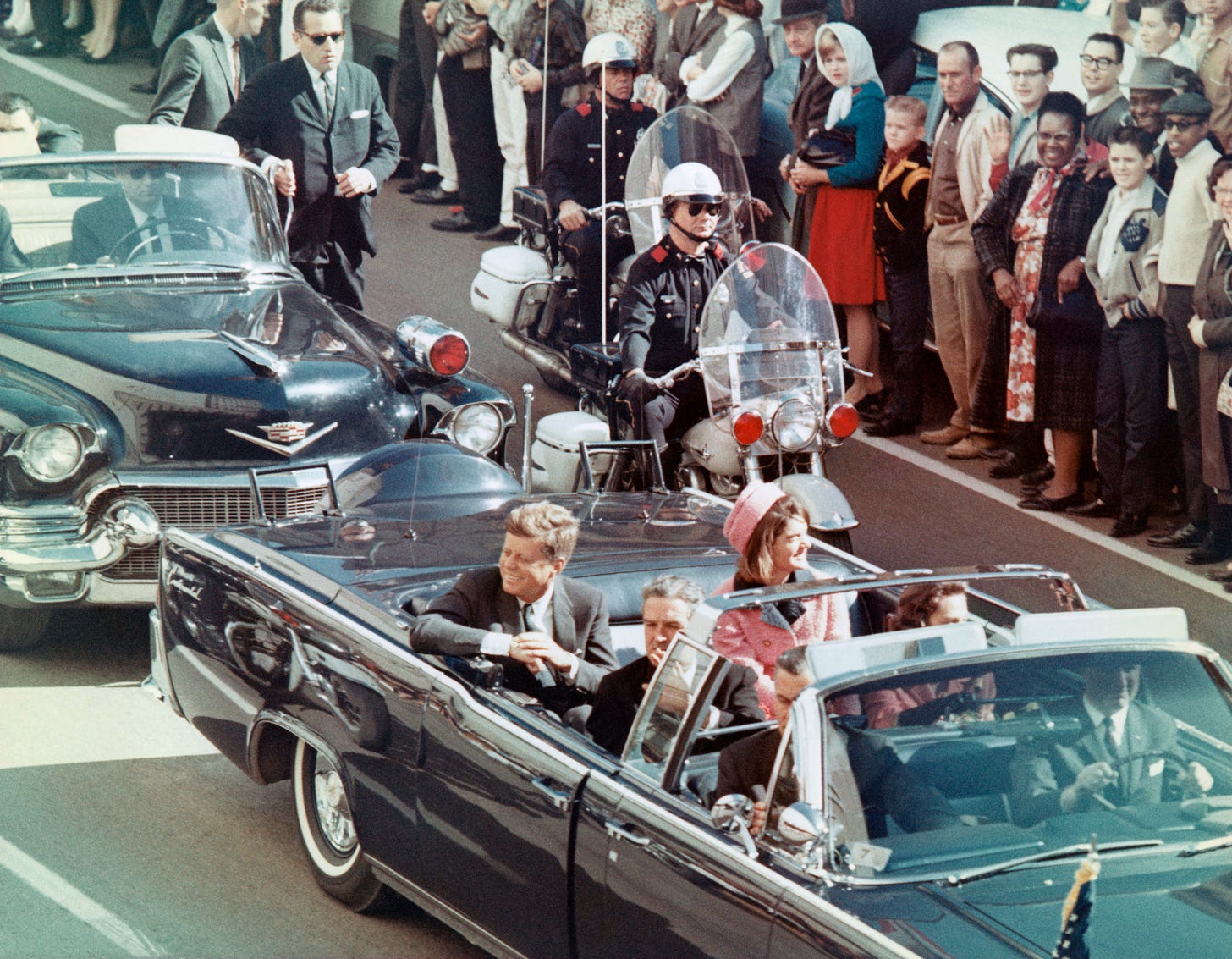
Yesterday was the sixtieth anniversary of the tragic assassination of President John F. Kennedy, whose legacy of glamour and success has been marred by his support, up to his death, for the war in South Vietnam that would lead to the death of 58,000 Americans and untold millions of Vietnamese.
Most of the deaths of noncombatant Vietnamese came via the air, as American B-52s and other aircraft dropped more than five million tons of bombs during the war, which did not come to an end until more than a decade after JFK’s death. The tonnage was twice as great as all the bombs America dropped in World War II.
Most of the bombs were dropped as the American war was accelerated by President Lyndon Johnson, who refused repeated entreaties to stop the bombing when there was a chance of peace talks with the North. He saw even a temporary halt as a sign of weakness. We now know that Johnson was excluded from JFK’s inner circle during the 1962 Cuban Missile Crisis, the young president’s greatest diplomatic success, in which the Soviets were seen as backing down from a planned deployment of low-yield nuclear bombs in Cuba. Kennedy was famously quoted later as declaring that America—that is he himself—went “eyeball to eyeball” with Nikita Khrushchev, and the Soviets backed down. We would learn after Johnson left office that Kennedy, aided by his younger brother Robert, the attorney general, had not stood down Khrushchev but actually made a secret commitment with him to withdraw from Turkey American nuclear missiles that were within range of Russia. President Kennedy also agreed not to invade Cuba. Once in office, Johnson, who knew nothing of such dealing, would come to believe that he, too, had to stare down the Communists—as Jack had done in the missile crisis—in the Vietnam war.
Keep reading with a 7-day free trial
Subscribe to Seymour Hersh to keep reading this post and get 7 days of free access to the full post archives.



